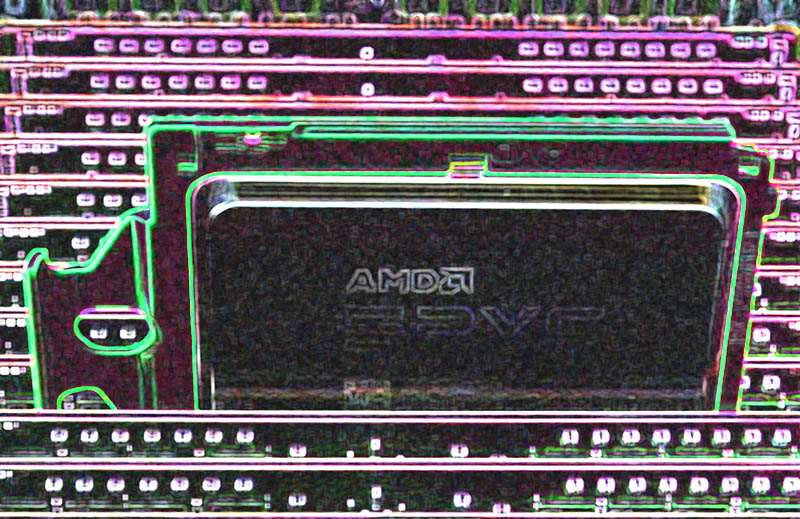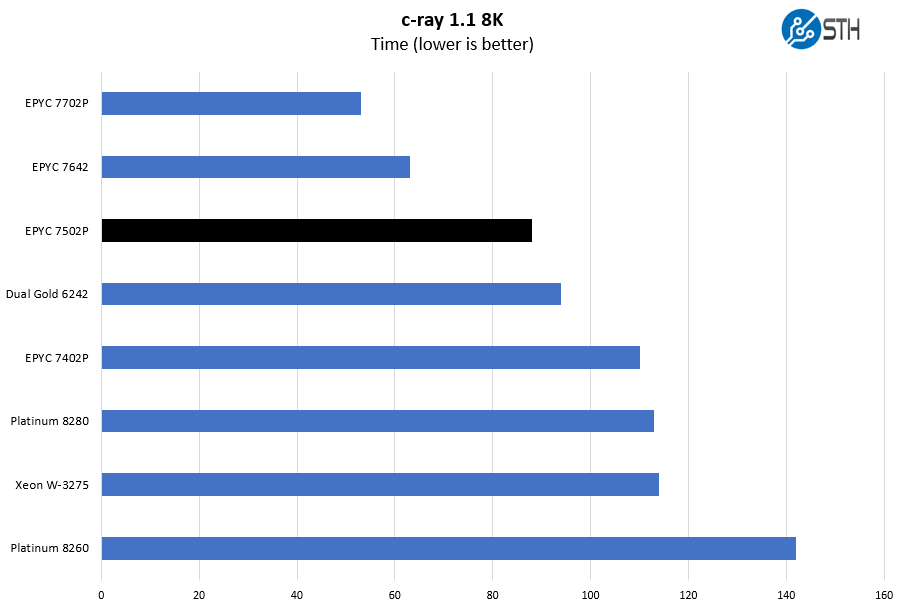- May 31, 2012
- 320
- 10
- 81
I understand why multi million dollar enterprises may opt for Xeons for certain certifications and familiarity. I am wondering if from a performance and reliability perspective if these types of CPUs are even relevant anymore for most of us? And, even for enterprise, how much merit there *actually* is to them over HEDT processors?
My understanding is:
- As multicore has expanded on HEDT, benefits of workstation decline (when most software can't even scale to as many threads as a single chip can do, multi-CPU support is extremely niche need)
- ECC memory reliability is such a minor improvement it only matters in server scenarios or really complex calculations
- More lanes and I/O hardly matters anymore with so much I/O available on Threadripper PCI-E 4 systems, and by virtue of how flexible and how much data even a single I/O port carries today
- More RAM support is becoming increasingly niche as we reach 128gb-256gb of RAM on desktop
- More memory channels (6 vs 4 on HEDT or 2 on Desktop) - but in this that big of a benefit or are the benefits miniscule?
- "Higher quality parts" seems like a misnomer - yes, high quality parts, but aren't the same quality parts available for desktop/HEDT if you buy the right components?
- Longevity - supposedly they can run 24/7 at full load for a longer lifetime, but I've never heard of anyones non-OC'ed CPU dying out? I mean, if I took a desktop or HEDT chip from Intel or AMD that was well cooled and just started it today with an endless supply of full load video encoding, when would it "die" statistically?
Bottom line, it seems that "workstation" used to mean "professional", but today a workstation CPU is a poor choice for almost any professional content creator. I don't mean a poor value choice, I mean if prices were equal, still the lesser choice. Am I missing something?
Does workstation CPU have a place outside server, enterprise, and long-form scientific calculations like quantum models and that sort of thing? And in large organizations/enterprise, are benefits of the platform becoming increasingly dubious and relying more on managers not wanting to stick there necks out to break status quo under the false impression that a workstation cpu will be "more reliable"?
Thanks! Just wondering what the 2020 assessment of this classic divide are.
My understanding is:
- As multicore has expanded on HEDT, benefits of workstation decline (when most software can't even scale to as many threads as a single chip can do, multi-CPU support is extremely niche need)
- ECC memory reliability is such a minor improvement it only matters in server scenarios or really complex calculations
- More lanes and I/O hardly matters anymore with so much I/O available on Threadripper PCI-E 4 systems, and by virtue of how flexible and how much data even a single I/O port carries today
- More RAM support is becoming increasingly niche as we reach 128gb-256gb of RAM on desktop
- More memory channels (6 vs 4 on HEDT or 2 on Desktop) - but in this that big of a benefit or are the benefits miniscule?
- "Higher quality parts" seems like a misnomer - yes, high quality parts, but aren't the same quality parts available for desktop/HEDT if you buy the right components?
- Longevity - supposedly they can run 24/7 at full load for a longer lifetime, but I've never heard of anyones non-OC'ed CPU dying out? I mean, if I took a desktop or HEDT chip from Intel or AMD that was well cooled and just started it today with an endless supply of full load video encoding, when would it "die" statistically?
Bottom line, it seems that "workstation" used to mean "professional", but today a workstation CPU is a poor choice for almost any professional content creator. I don't mean a poor value choice, I mean if prices were equal, still the lesser choice. Am I missing something?
Does workstation CPU have a place outside server, enterprise, and long-form scientific calculations like quantum models and that sort of thing? And in large organizations/enterprise, are benefits of the platform becoming increasingly dubious and relying more on managers not wanting to stick there necks out to break status quo under the false impression that a workstation cpu will be "more reliable"?
Thanks! Just wondering what the 2020 assessment of this classic divide are.





